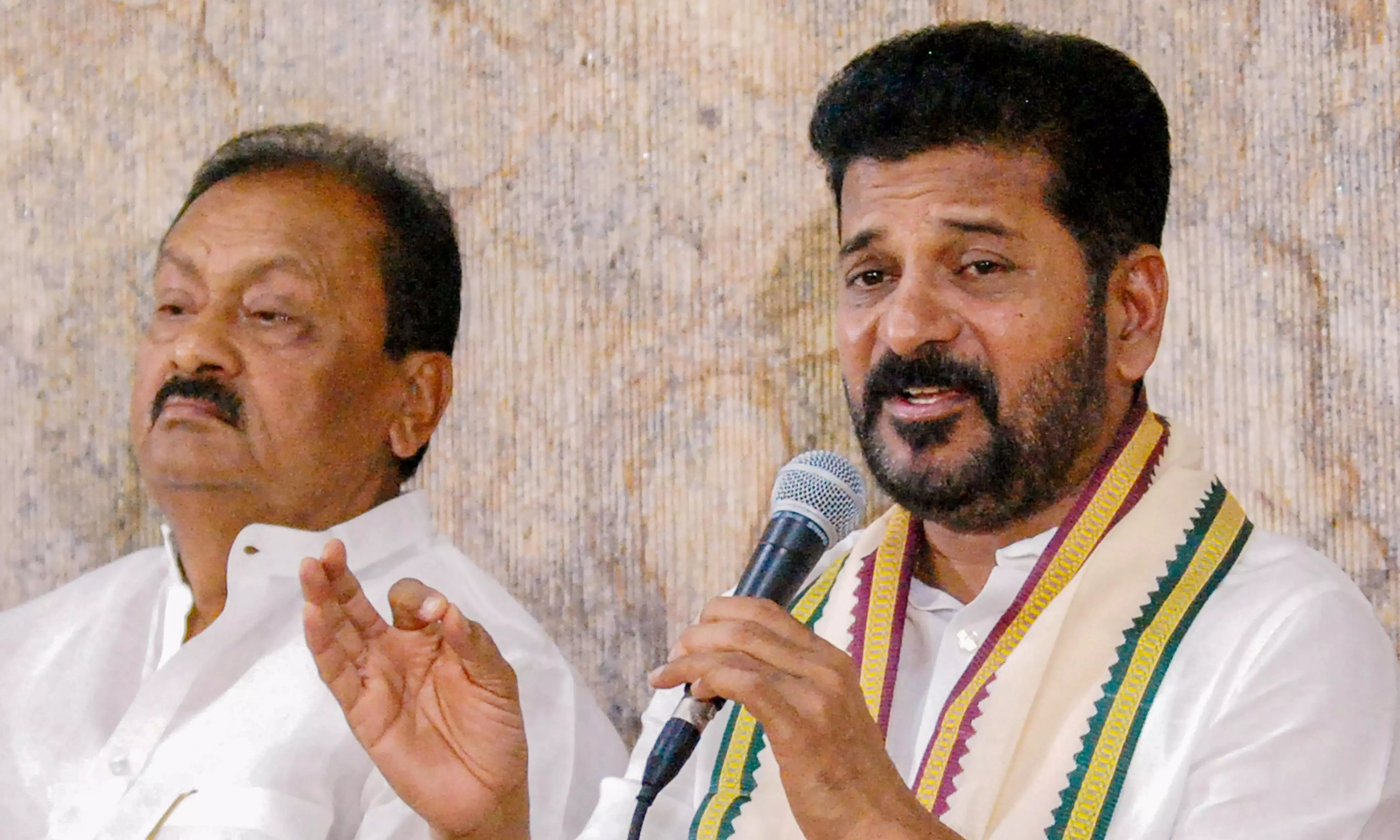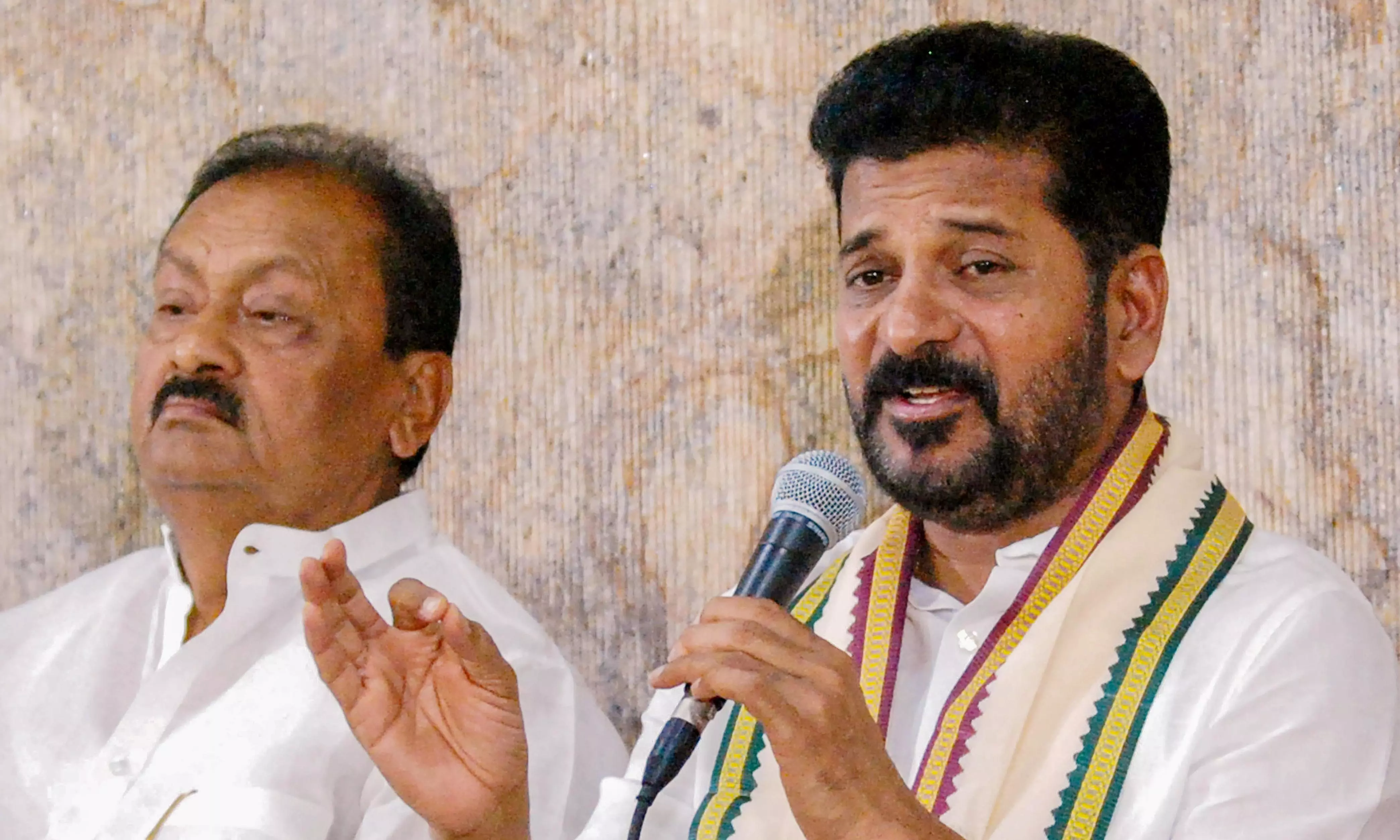CM Revanth Reddy Champions Musi Riverfront Development, Osmania General Hospital Restoration
HYDERABAD: Every popular leader wants to etch his name in the minds of his people through his policies or developmental works. The statues on Tank Bunds reminds one of N.T. Rama Rao, Cyber Towers N. Chandrababu Naidu, and Outer Ring Road Y.S. Rajashekhar Reddy. The developing areas along the river Musi that horizontally splits Hyderabad into two halves through the Musi Riverfront Development has acquired a similar status for Chief Minister A. Revanth Reddy.
A key component of the riverfront development would be restoring to its pristine glory the majestic heritage building of the Osmania General Hospital, which stands opposite the High Court buildings across the Musi river.
Revanth Reddy has pursued the cause of the Musi Riverfront Development, reaching out to Prime Minister Narendra Modi, as well as global experts in London and Dubai. He wants to spend `50,000 crore to develop the Musi riverfront similar to the one along Thames in London, reviving the idea conceived over 100 years back, when legendary engineer Sir M. Visvesvaraya redesigned Hyderabad after the 1908 Musi floods.
The Nizam wanted Hyderabad to look like London, where iconic monuments like the Palace of Westminster, Westminster Abbey, Clock Tower dot the course of the river Thames. The Nizam built the stately buildings like the High Court, Osmania General Hospital (OGH), City College among others along the Musi river. While inaugurating the High Court building, Mir Osman Ali Khan called buildings on the riverfront “ornaments to my capital.”
The BRS government flirted with the idea of developing the Musi riverfront in 2017 but allowed it to wither away. Among its plans was to demolish the heritage buildings of the OGH and replace them with modern towers. The issue is in court now.
With Revanth Reddy focusing on the rejuvenation of the Musi, heritage lovers called upon the government to conserve monumental buildings such as the OGH, which are key to establishing the unique character of Hyderabad. They want the government to give a facelift to OGH instead of demolishing and rebuilding it in view of recent concerns over its structural stability.
According to members of the Indian National Trust for Art and Cultural Heritage (Intach), OGH can be turned into a medical park as it has vacant land and lush greenery around it.
“The government with the assistance of good architects and heritage conservators can shape up the existing Osmania hospital into one of its kind of medical space,” said Anuradha Reddy from Intach.
Concurring the opinion of Anuradha Reddy, S.P. Anchuri, vice-president (south), Structural Engineers World Congress, said the government and people should conserve and protect the OGH heritage building. “The hospital and its premises will undergo a major change in terms of infrastructure and ambiance, if the state government develops it keeping in mind the Musi rejuvenation plan,” he said.
“Preservation of this irreplaceable heritage building is in the public interest. Its legacy should be maintained and enriched for future generations of Hyderabadis,” he said.
An inspection of the three-storeyed heritage building built of stone with a jack arch-roof resting on iron girders showed that it was structurally fit compared to several other relatively new buildings. However, the in-patient (IP) block required attention.
Stone was spotted at several places with joints being done with lime/cement mortar and thick walls at all the places.
Speaking to this newspaper, several students expressed their confidence in the building’s structural stability. “We are studying in second year. For having lunch, we pass through the IP block but we never felt that the block is crumbling," said a student, supporting the calls for preserving the majestic building, which was one of the historic ornaments of Hyderabad.



